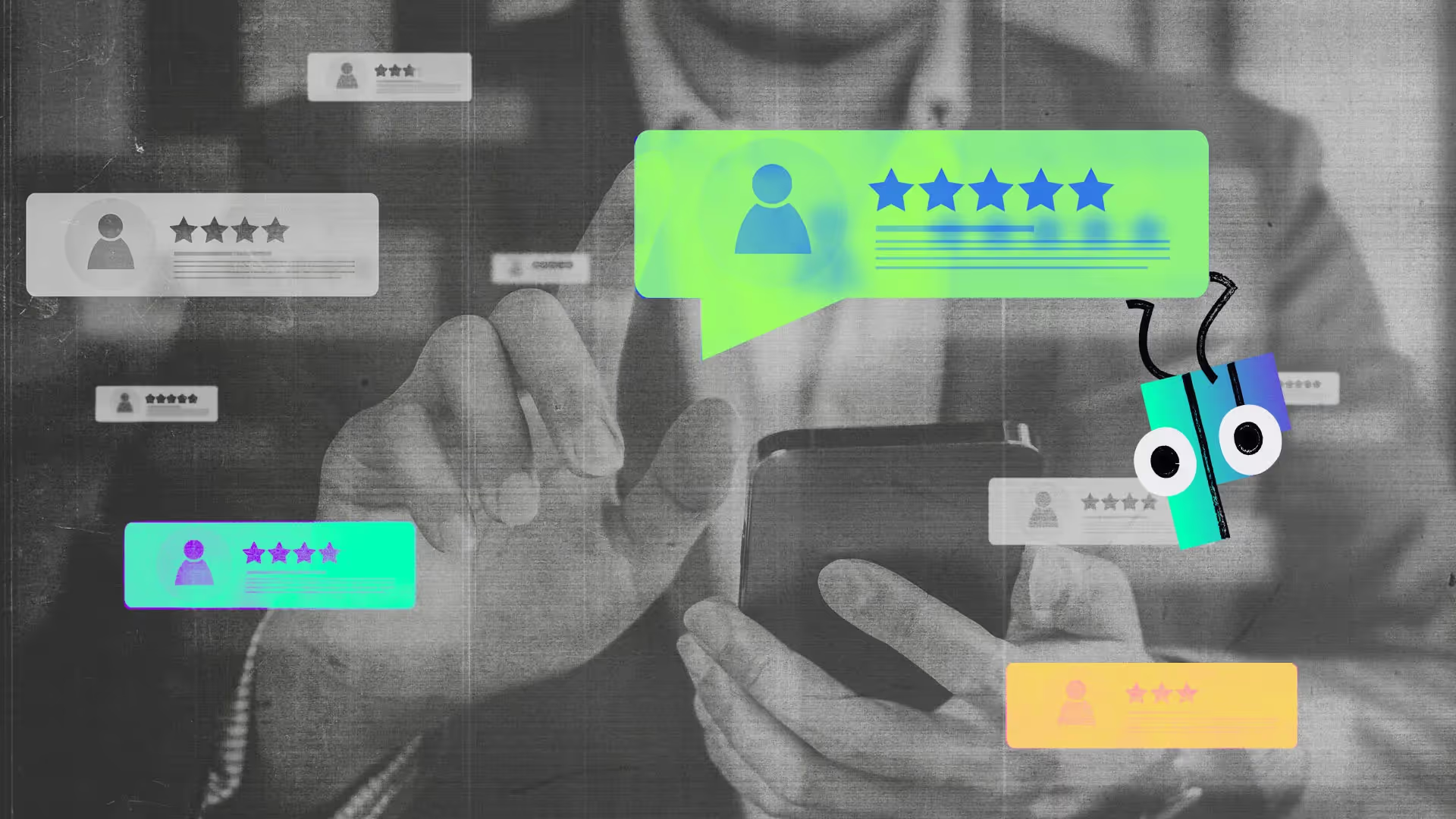The Track
A Section Blog

Can you build a team of just AI tools?

2024 Wrapped: Our top 3 insights from a year of covering AI use cases
We added over 30,000 subscribers to our AI Strategy Brief community in 2024. We also spoke with more than 50 experts about how they’re getting value from AI. So this week, we analyzed the data from our 50+ posts this year to see what resonated most with you.

How AI is shaping Section in 2025
There’s 0 doubt that the lid blew off AI in 2024. So what do we do with all these new capabilities? Our CEO, Greg Shove, is giving you his man-on-the-ground take of where companies are at now, and how that’s shaped our 2025 roadmap.

Why shadow AI is probably happening in your company
We surveyed over 5,000 knowledge workers in the second half of 2024 on AI knowledge, skill, and usage. One of the most troubling takeaways: AI use is happening, whether your company sanctions it or not, and the implications are huge.

ChatGPT Canvas: OpenAI's Trojan Horse for Enterprise Domination
If you missed the launch of ChatGPT's Canvas feature, don’t be surprised – its launch didn't generate the usual hype. But Canvas offers an interesting glimpse into the future of OpenAI's strategic direction.
_.avif)
What is Web3 (and why should I care)?
Everything you need to know to talk about Web3 at your next cocktail hour.

The science-based secret to being more productive at work
Have you ever sat in a 9 a.m. meeting with your team and wondered why one person is jacked up on coffee and firing off ideas, and another person looks like they just woke up from a 100-year sleep?
You might think, “Well, the first person is just more productive. They’re good at their job, whereas Steve is a useless lump. Duh.”
But actually, it’s not that simple. These two people probably have different chronotypes – meaning they’re inclined to sleep, work, and recover at different times.

How to appoint (or become) your company's next chief of AI
Your business needs a chief of AI. Here's everything you need to know about how to appoint one, including a job description.

5 insights on learning from Section's Annual Outcomes Report
We surveyed your employees on the blockers that stand in the way of learning. Read our post to learn how to engage them in learning and prove the ROI of your programs.







